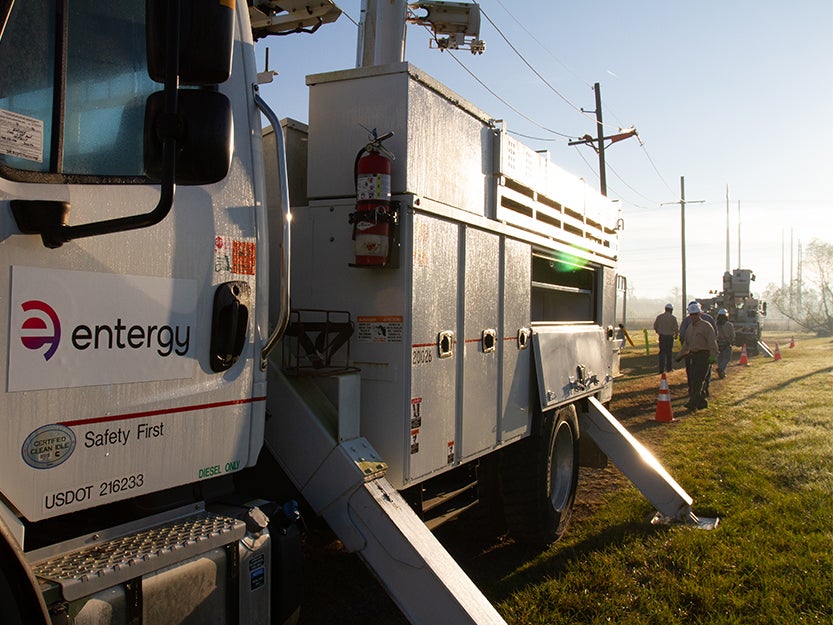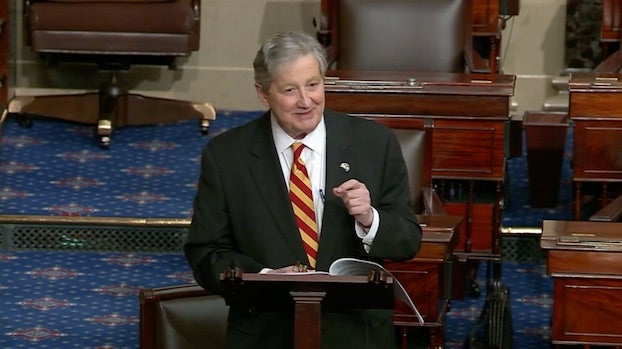Payroll tax hike to decrease consumer spending
Published 12:02 pm Friday, February 22, 2013
Take-home pay for many Americans has fallen because of recent changes to federal tax laws. The changes may affect discretionary purchases and government tax revenue collections, a local expert says.
The two-year payroll tax “holiday” expired this year, and the rate returned to 6.2 percent on the first $113,700 of annual income, up from 4.2 percent.
Workers earning $30,000 a year will net about $50 less a month. For people earning $100,000 each year, the change represents a decrease of more than $150 a month. To compensate, almost 75 percent of respondents in a National Retail Federation survey said they were eating out less, cutting travel plans and limiting daily indulgences.
The change probably won’t affect sales of durable goods, but it will affect discretionary spending, said Michael Kurth, professor of economics at McNeese State University.
“The strength of our local economy is likely to mask that,” Kurth said Thursday. “That doesn’t mean it’s not hurting us. If you see it happening nationally, then it is also happening here.”
Governments are likely to see their sales tax revenues fall 2 percent to 3 percent in areas of the state that are not directly affected by the natural gas boom, Kurth said.
“You have to buy food and gasoline. People will travel less and spend less money on entertainment,” he said. “When you get less money you can’t cut your mortgage note, gasoline bill or your car note, but you may eat out less and go to the movies less.”
Kurth said it’s those luxury goods that a household may limit, especially in the lower- and middle-income brackets. The change won’t affect upper-income people as much, he said.
Nearly 50 percent of those will delay major purchases, such as a new vehicle, TV or furniture, and almost 60 percent will cut back the amount they eat out, the survey reads.
“We cannot grow the nation’s economy until consumers consume,” NRF President and CEO Matthew Shay said in a news release. “A smaller paycheck due to the fiscal cliff deal early last month, higher gas prices, low consumer confidence and ongoing uncertainty about our nation’s fiscal health is negatively impacting consumers and businesses across the country.
“Every day we hear about building the middle class. We can only do that if we tear down barriers that prevent consumers from investing their hard-earned money back into our nation’s economy. It’s really that simple.”
The purpose of the Tax Returns survey, conducted for NRF by BIGinsight, was to track consumer behavior and shopping trends related to tax returns.
Online: www.nrf.com.
Becka Baggan





